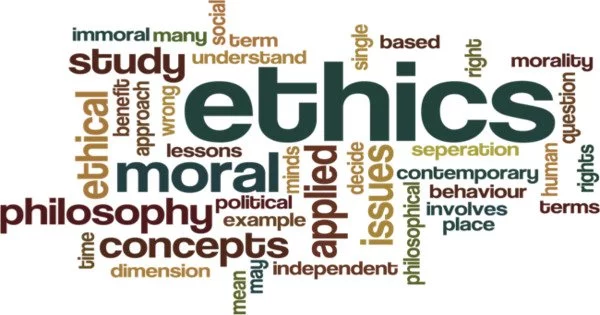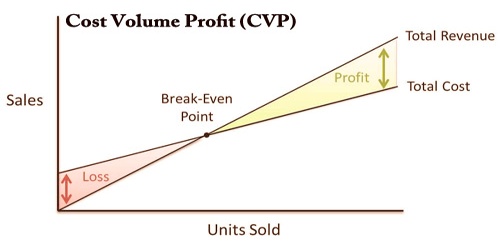Ethical consumerism is the practice of considering the social and environmental impact of products and services when making purchasing decisions. It is the practice of purchasing products and services that are produced in a way that minimizes social and/or environmental damage while avoiding products and services that are deemed to have a negative impact on society or the environment. It involves choosing products that are produced in a responsible and sustainable manner, taking into account factors such as labor rights, environmental protection, and animal welfare.
It is the notion that consumers can and should act out a variety of ethical values and principles, as well as pursue a variety of ethical goals, by spending their money in the market. It generally implies that purchasing decisions are a way for people to put their values into action. In practice, there is a wide range of behaviors that can be classified as ethical consumerism. On the one hand, it can mean making purchasing decisions based on ethical standards relating to how a given product is produced: for example, refusing to buy from companies that treat their employees in unethical ways, or from companies that engage in unethical advertising practices.
Ethical consumers aim to use their purchasing power to create a better world by supporting companies and products that align with their values. It involves making purchasing decisions based on a company’s social and environmental impact, as well as its labor practices, production methods, and supply chain. People practice it by purchasing ethically made products that support small-scale manufacturers or local artisans while also protecting animals and the environment, and by boycotting products that exploit children as workers, test on animals, or harm the environment.
Ethical consumerism can be motivated by personal values, such as a concern for the environment or animal rights, or a desire to support companies that align with one’s beliefs. The goal of ethical consumerism is to create a more sustainable and equitable marketplace, where companies are held accountable for their actions and consumers have the power to make a positive difference through their purchasing decisions.
















